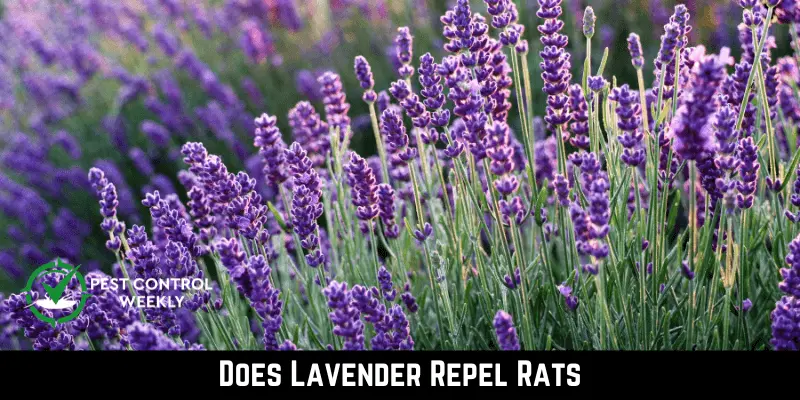If you hate handling rat traps and are wary of using poison to get rid of rats in your home, a repellent is frequently the best option. Luckily, several natural repellents like lavender help you to get rid of rats. You might now be wondering: does lavender repel rats?
Yes, lavender is an effective repellent to deter rats. Rats have a strong sense of smell and can run away due to the potent odor of lavender. You can grow this plant by scattering some stems around the bases of your garden plants and ward off rats.
Do you want to get rid of rats permanently? Read the following instructions to learn about lavender oil and how to use it effectively.
What is Lavender Oil?
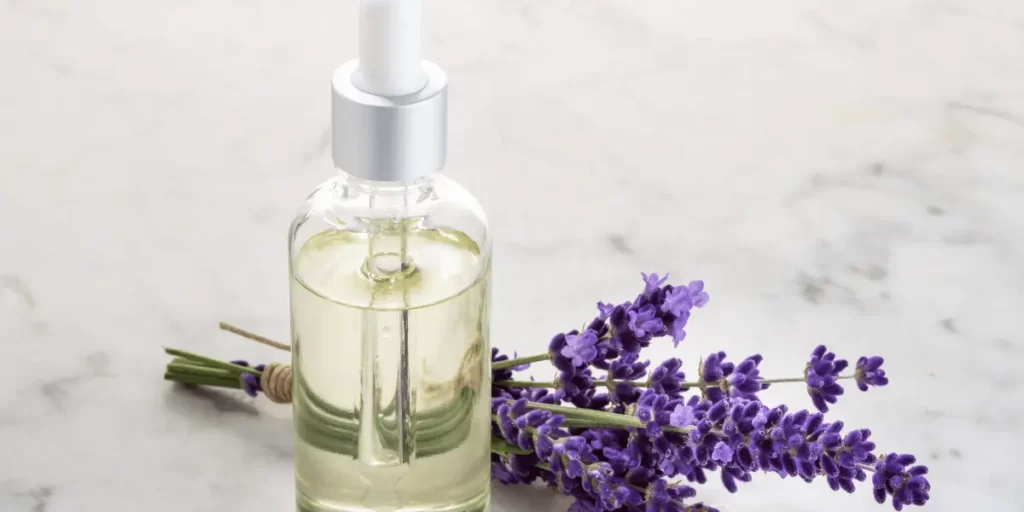
According to the Dermatitis journal, lavender oil is a volatile oil produced by the booming tops of the lavender plant Lavandula angustifolia Mill. It is like a tiny bush that can reach a height of 75 cm. Although it is a native plant of Mediterranean areas, you can grow it anywhere in your country for its oil and fragrance.
You can obtain lavender oil by steam purification of the booming tops of a lavender plant. Here are some uses of this essential oil:
- You can use Flowers and buds of lavender for flavoring juices.
- Lavender oil has a strong smell and helps in deterring rats.
- It also helps in relieving soreness and redness of wounds.
- If you have a lavender plant in your home, you can sprinkle its dried leaf on yogurt and protect your stomach from bacteria.
- Moreover, massaging your scalp with lavender oil prevents the risk of hair fall.
Chemical Composition of Lavender
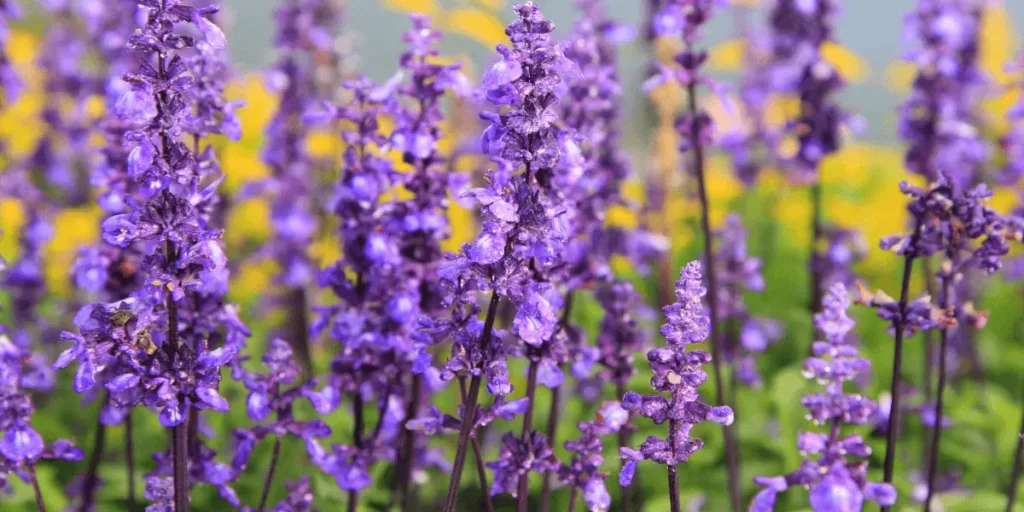
Lavender is frequently used in landscaping, and its oil is a beneficial raw material. According to the Molecules journal, Lavender consists of the following ingredients:
- Linalyl acetate (47%) helps to kill microbes.
- Linalool (45%) gives Levander a strong fragrance. It has antimicrobial and antifungal properties.
- (Z)-β-ocimene (10%) contains flavor and fragrance components and keeps lavender scented.
- Lavandulyl acetate (8%) maintains the antifungal properties of lavender.
- The Terpinen-4-OL (8%) acts as an anti-inflammatory and antioxidant component of the lavender plant.
- Butanone (5%) is a solvent part of lavender.
- Furthermore, Lavender contains monoterpene limonene (1%) which has a potent scent that deters rats.
- Terpineol (2%) acts as an anti-inflammatory, anti-tumor, and anticonvulsant component of lavender.
- Camphor (1.5%) helps in relieving cough.
- Eucalyptol (3%) gives a mint-like smell to lavender.
- β-phellandrene (1%) also grants antimicrobial properties to lavender.
Do Rats Hate the Smell of Lavender?
Yes, rats hate the scent of lavender. Even though most people find the smell of lavender calming and pleasing, rats hate its pungent odor due to their extra sensitive sense of smell. Rats have advanced olfactory receptors as compared to humans. Humans have 350-400 olfactory receptors, while rats have 1500-2000 numbers. That’s why rats have a strong sense of smell.
Additionally, with the help of this powerful sense of smell, rats can detect predators without visual exposure. Although rats have a highly developed sense of smell, it also makes them susceptible to being overpowered by smells that we find tolerable. Rats find even relatively moderate fragrances, like lavender, quite oppressive and disgusting.
Remember, the lavender smell can fade away after some time. So, you need to sprinkle it frequently to get better results.
Why Do rats Not Like Lavender?
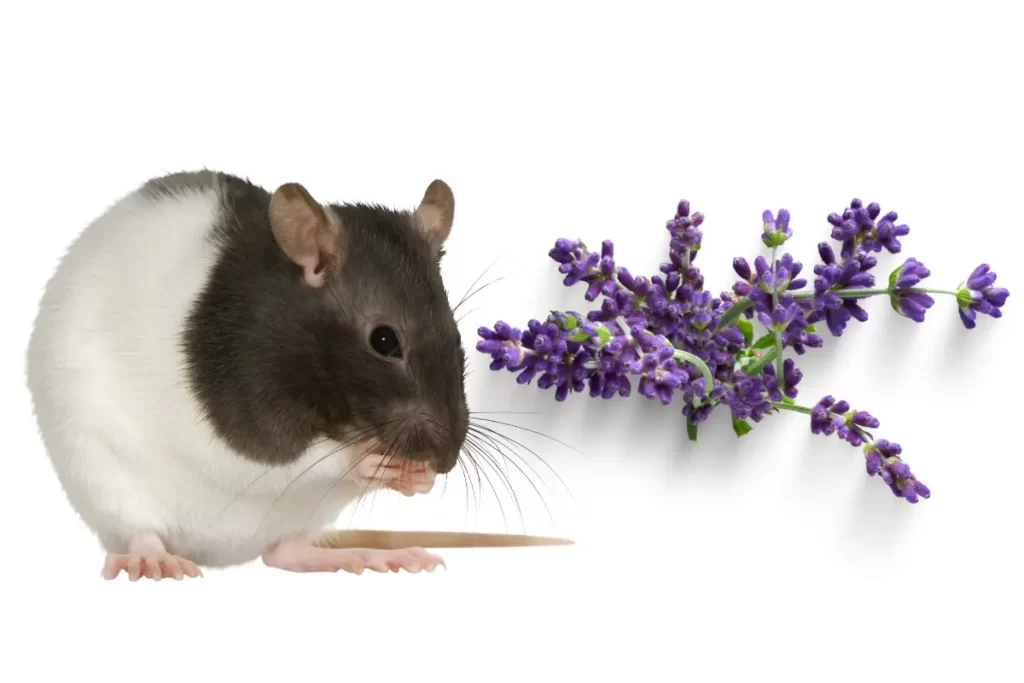
As already mentioned, rats have a strong sense of smell. Lavender has an overpowering aroma to them. Rats avoid approaching lavender because it is a potent essential oil and contains certain vigorous chemicals that deter them.
Rats are fearful animals. They feel intimidated when they smell lavender and stay away from the area. To repel rats, cut the lavender tops and place them in locations around the house. You can also use lavender oil for this purpose. Spray lavender oil in front of your house entry and along the way of rats.
Therefore, rats may be scared off and not dare to return if you apply it appropriately. Additionally, there are some advantageous side effects for you because lavender often reduces tension and enhances sleep.
Can Rats Eat Lavender?
Yes, rats can eat lavender, but only in small quantities. Lavender contains a small amount of lanolin which is dangerous to rats. Anything can lure rats, especially when they are hungry.
If you have pet rats, you should keep them away from lavender because it can be fatal. However, if a rat enters your home and causes a nuisance, you can use lavender oil to ward it off.
According to the American Society for the Prevention of Cruelty to Animals (ASPCA), lavender is not toxic for rats. Gnawing is acceptable, but avoid letting your rat eat excessive lavender.
Although lavender is not hazardous for pet rats, large doses will disturb their digestive and gastrointestinal systems. So, in summary, if you want to kick rats off your property, you can use it as a repellent, but to keep your pet rat safe, avoid using it.
Is Lavender Poisonous To Rats?
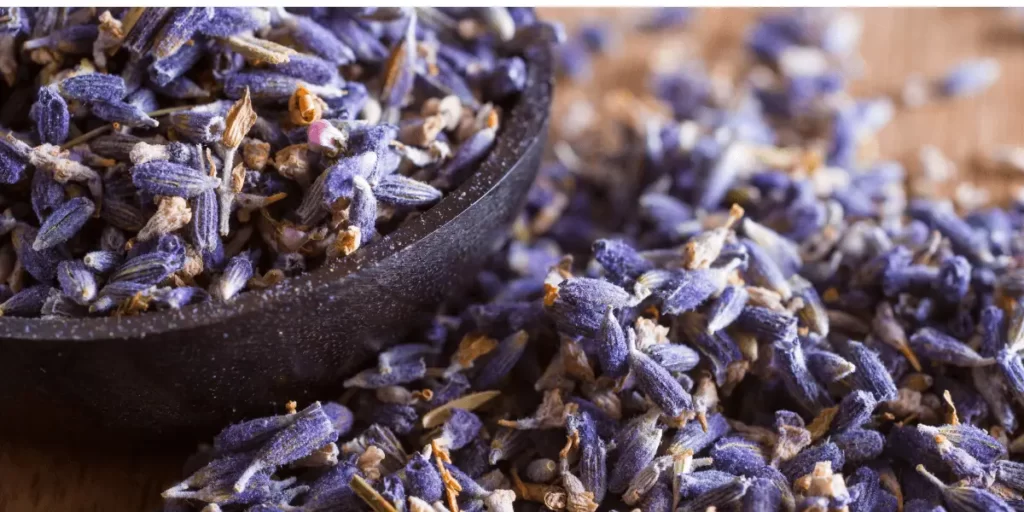
No, lavender is not poisonous to rats, but if they eat it in large quantities, it could be dangerous for them. Rats may become allergic to lavender or ingest too much of the plant, which could result in adverse effects.
Your pet rats may experience stomach issues if they consume a lot of lavender. Lavender plants are not at any risk from their odor either. It will simply serve to deter them, that’s all it will do. Due to this reason, rats don’t show interest in plants.
If you keep a pet rat, you should make the area free of all vegetation so it can’t walk around the house. However, you can use lavender oil to keep rats away because it has a potent smell that repels rats.
Will Lavender Kill Rats?
No, lavender itself will not kill rats. Rats are at risk from the potent smell, which might kill them instantly if they come into touch with lavender oils. The aroma of lavender oil is strong. It can have additional ingredients mixed into it even though it is a plant.
For rats, these substances can be highly hazardous. In addition, breathing lavender oils might be problematic for them because of their compromised respiratory system. So, if you want to kill rats, you can spray essential oil from lavender and its leaves in a desired location.
Further, you can collect lavender leaves, dry them, and transfer them into sachets for use in a more orderly manner in the future to repel rats.
What Animals Does Lavender Repel?
Although lavender is a lovely plant for borders and has a range of colors, it deters animals like deer, rats, mosquitoes, rabbits, and several pests. Lavender has many advantages; you can use its oil to keep mice and rats out of your house.
There are different types of lavender. While sweet lavender has fast growth and long, pale purple blooms, Spanish lavender has dark purple flowers and dark green leaves. Woolly lavender thrives in arid gardens thanks to its grey foliage and deep purple stems that bloom in the summer when other lavenders seem to lose their appeal.
You can practice distilling your lavender oil to use it as a perfume and to deter rodents. Lavender has the bonus of being incredibly attractive to honey bees so, you can discourage the pests you don’t want while luring beneficial crossbreeds.
How to Use Lavender Oil to Keep Rats Away?
Lavender oil is one of the easiest and most cost-effective ways to get rid of rats. In contrast to conventional rodenticides, lavender oil doesn’t include any fabricated chemicals that may be dangerous to the environment.
If you have a rat infestation in your home, you can use lavender oil by the below steps to get rid of them:
- Lavender oil usually comes with an eyedropper.
- First, remove the eyedropper, then squeeze it to remove extra air that may be present.
- To fill the lavender oil in an eyedropper, immerse the eyedropper in the oil bottle and pinch the bulb.
- Take the eyedropper out of the lavender oil bottle and sprinkle ten drops of oil onto a cotton ball.
- Repeat the same procedure with various cotton balls.
- Finally, place these cotton balls along the way with rats to knock them off.
Other Essential Oils to Repel Rats
Having rats in the house is undoubtedly very unsettling. They cause a nuisance in your home and bring deadly infections with them. If you don’t like to use snap traps and glue traps to capture rats, you can use natural repellents like essential oils to deter rats. Besides Lavender oil, here are some other essential oils that can assist in getting rid of rats.
Peppermint Oil
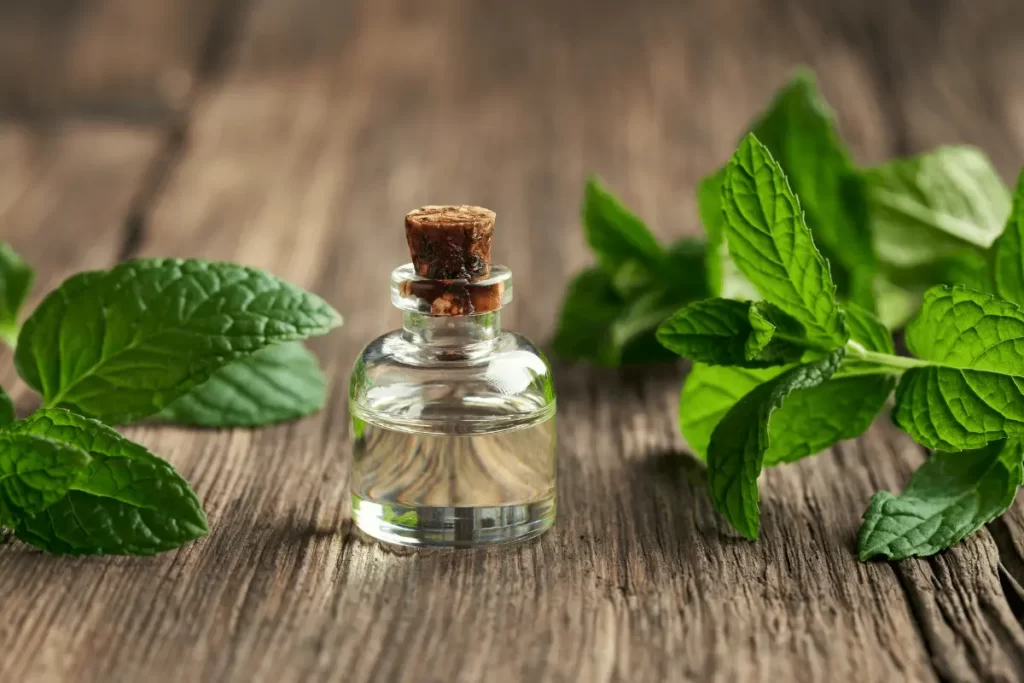
Peppermint oil has a pungent smell that keeps rats away from your home. You can grow peppermint trees in your garden to repel rats. Moreover, like lavender oil, you can dip cotton balls in peppermint oil and place them along the way of rats.
Citronella Oil
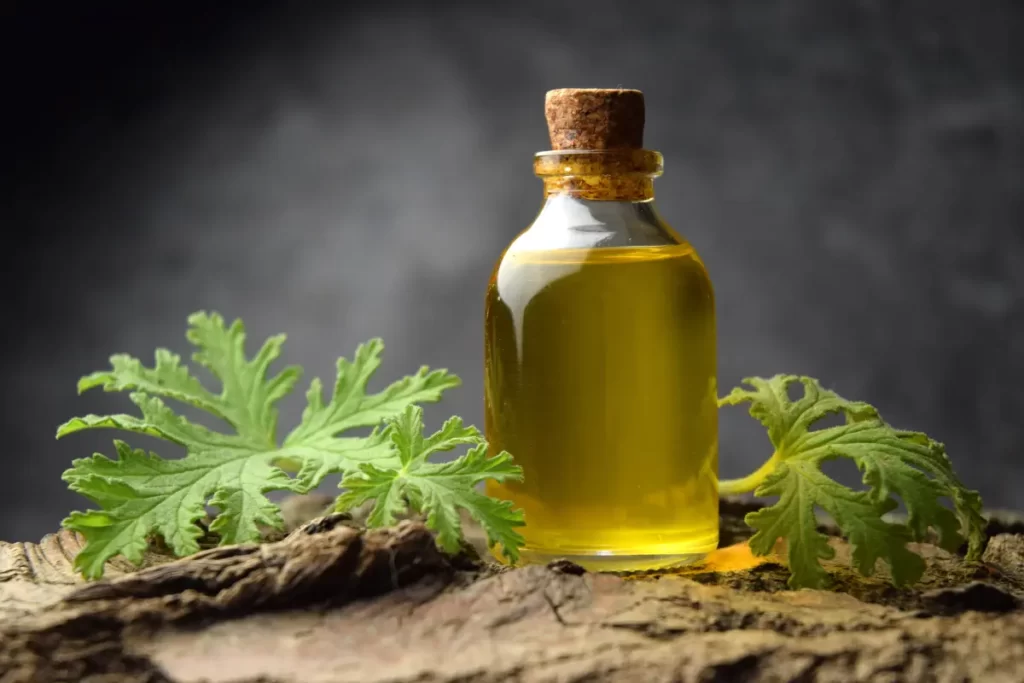
Citronella oil also has a strong smell that rats cannot bear. You can purchase it from your nearby market. Spray it in your home entrance and exit areas until you don’t find any rats. It will always keep rats away from your home.
Eucalyptus Oil
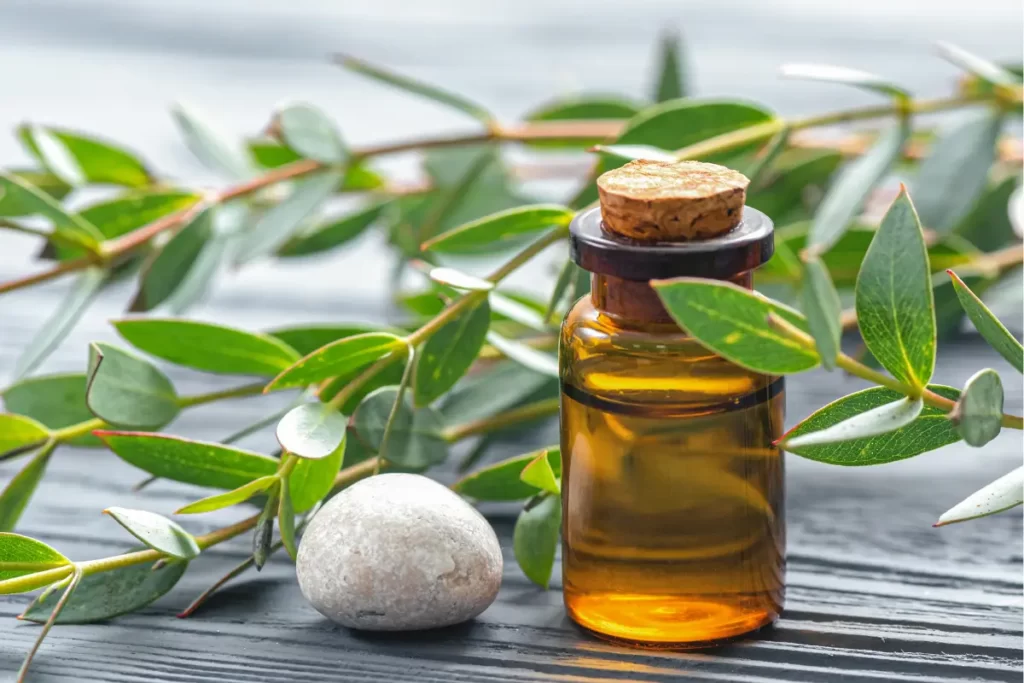
Rodents like rats avoid areas with eucalyptus fragrance. They turn away when they smell eucalyptus oil because it smells like hell to rats. Additionally, you can use this odor to keep rats out of your garden.
Summing Up
Rats are frequent pests that may be proliferative and cause significant damage to your plants or dwellings. Getting rid of them is always a great and stressful task. You can use the lavender plants as a companion to other plants and lavender oil to keep rats away from your home.
Hopefully, with the help of the above information and instructions, you can fend off rats in your house and yard.
Above all, it would be wise to contact a pest control expert to take a look if you’ve tried lavender oil to prevent rats and it doesn’t work. However, whenever possible, it’s preferable to test out natural treatments first.
References
Pokajewicz K, Białoń M, Svydenko L, Fedin R, Hudz N. Chemical Composition of the Essential Oil of the New Cultivars of Lavandula angustifolia Mill. Bred in Ukraine. Molecules. 2021 Sep 18;26(18):5681.
Lavender Properties- ASPCA
